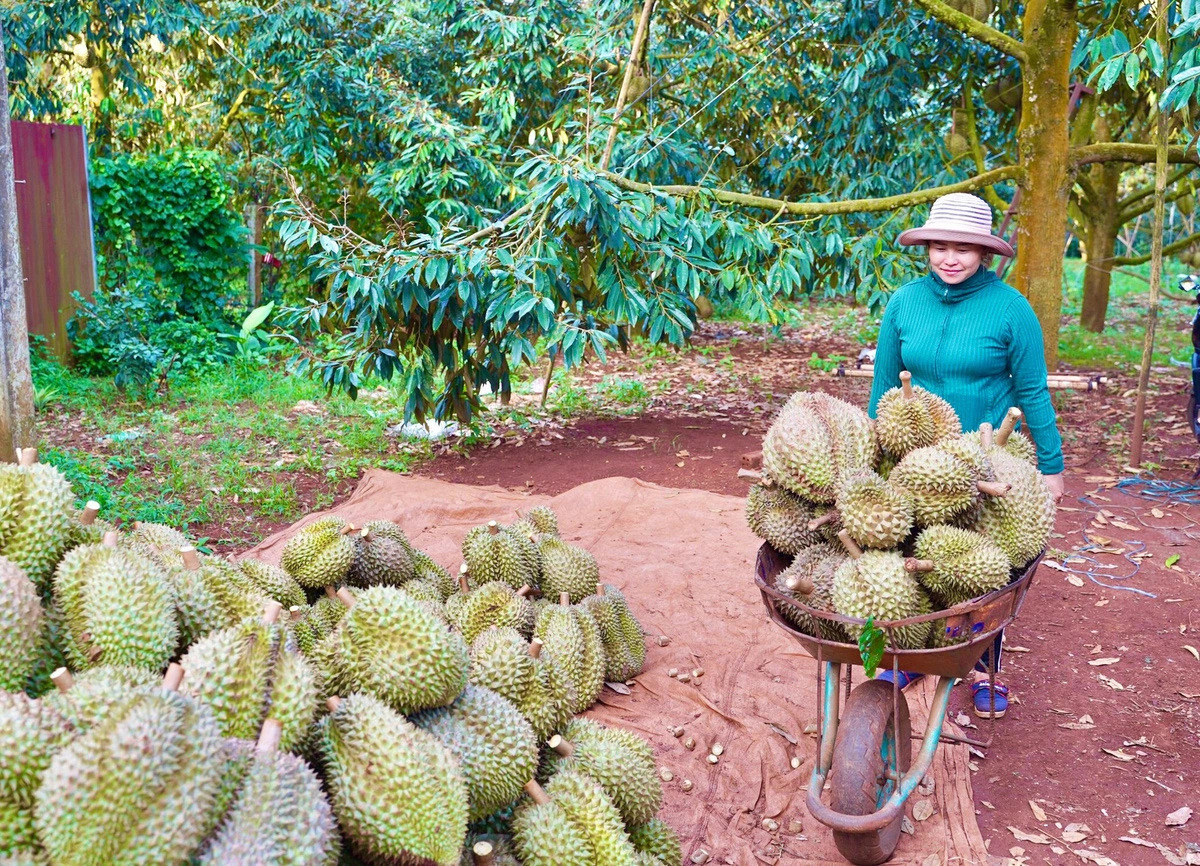The European Union (EU) has increased the border inspection rate on Vietnamese durians to 20 percent from 10 after detecting excessive pesticide residues in recent shipments, the Vietnam Sanitary and Phytosanitary Notification Authority and Enquiry Point (Vietnam SPS) reported.
On December 19, the Vietnam SPS, under the Ministry of Agriculture and Rural Development, received a notification from the SPS/WTO Committee Secretariat regarding the EU's decision.
This measure seeks to temporarily enhance official controls and emergency measures for certain goods imported into the EU from specific third countries, including agricultural products like durian, dragon fruit, chili, and okra from Vietnam.
For durian, the EU has raised its border inspection rate to 20 percent from 10 percent.
According to the Vietnam SPS, this increased scrutiny is due to non-compliance with EU regulations on pesticide residues.
EU agencies previously detected excessive levels of several pesticides in Vietnamese durians, including fipronil, carbendazim, dimethomorph, azoxystrobin, metalaxyl, acetamiprid, and lambda-cyhalothrin.
According to EU standards, the maximum residue limits range from 0.005 to 0.1 mg per kilogram, depending on each substance, while the residues found in Vietnamese durians ranged from 0.021 to 6.3 mg per kilogram, far higher than the permissible limits.
Three other Vietnamese agricultural products including dragon fruit, chili, and okra remain under their current border inspection rates, with 30 percent for dragon fruit and 50 percent for the two others.
These inspection rates will be effective from January 8, 2025.
The Vietnam SPS noted that the EU reviews compliance with its food safety regulations every six months.
Based on the review results, the EU may adjust border inspection rates for specific products imported into the market.
Ngo Xuan Nam, deputy director of the Vietnam SPS, said this is a regular activity in accordance with EU regulations.
Currently, durians and several other Vietnamese fruits are subject to border inspection rates ranging from 10 to 50 percent.
In the next six months, if Vietnam still fails to meet the pesticide residue rule, the EU may increase the inspection rate further or suspend durian imports from Vietnam, depending on the violation levels, Nam added.
Like us on Facebook or follow us on Twitter to get the latest news about Vietnam!


















































